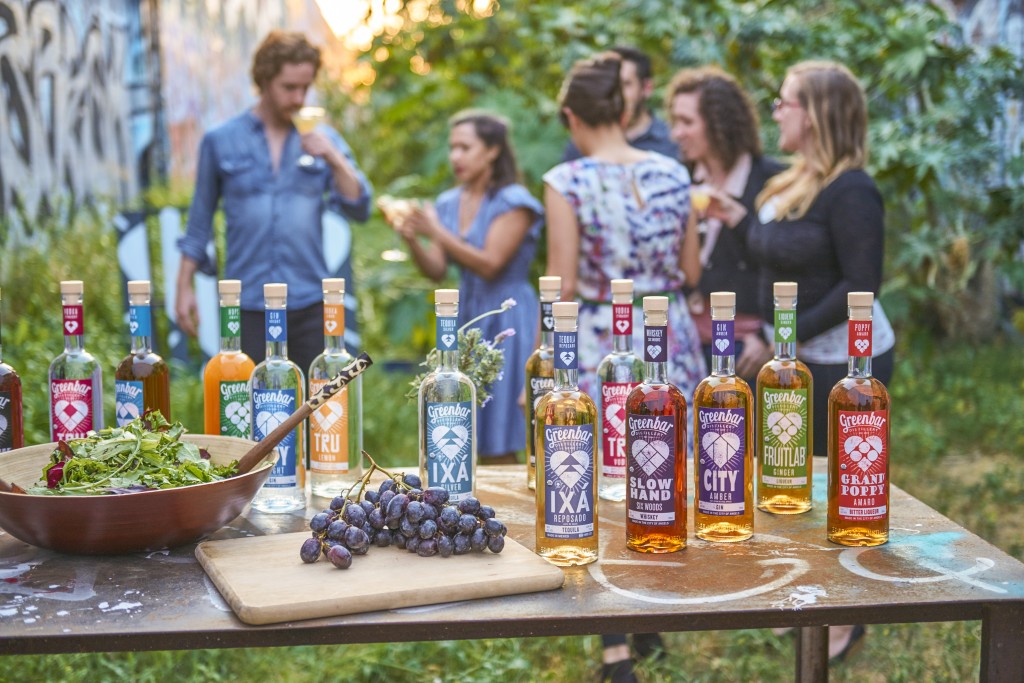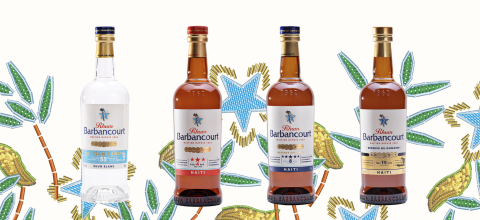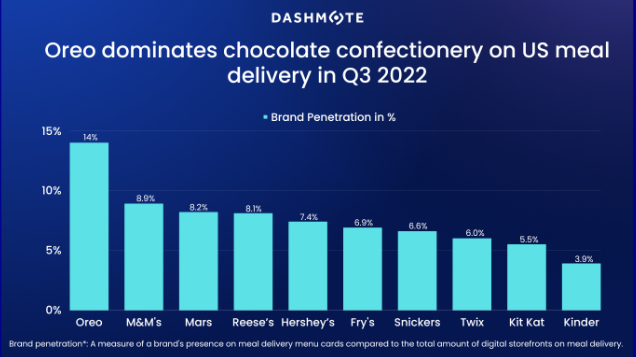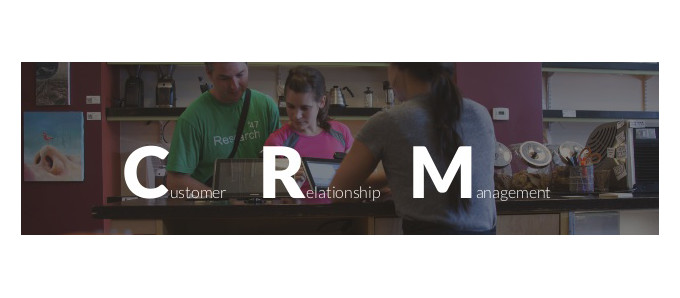by Melkon Khosrovian, co-founder & spiritsmaker of Greenbar Distillery
Greenbar, one of America’s oldest and largest craft distilleries, has had many firsts in sustainability. It was among the first to embrace certified organic production and lightweight, recyclable packaging 16 years ago. The next year, it also committed to planting a tree for every bottle sold, with 1.1 million trees planted to date. All this trailblazing soon led to commissioning and publishing third-party studies to measure the full carbon footprint of its products, as well as the carbon absorption and offsetting of the trees planted.
Today, the company makes the largest portfolio of sustainable, certified organic adult beverages in the world.
As younger generations who prioritize sustainability come of drinking age and on-premise operators seek to earn their business with weightier sustainability mandates, here are some lessons learned along the way that can help beverage directors make more practical sustainability choices.
Follow the Numbers for Carbon Footprint
Based on Greenbar Distillery’s carbon footprint analysis and the few others that have been published more recently, there is a clear pattern of high, medium and low sources of carbon emissions. The biggest culprit is packaging and transportation, followed by ingredients and energy, and, finally, storage and end of life (recycling/dump).
Look for:
- Third-party studies…even if you trust your company rep. You need to compare apples-to-apples in order to make the best choices.
- Complete life cycle information on the product you’re buying…from cradle to grave. Many companies study just their part of a product’s life cycle and omit the production and transport of raw ingredients and packaging, along with the transportation, storage and disposal of the final product. This makes them look good, but hides the full impact of what you’re buying.
Suggestion: Since few, if any, brands have conducted or published life cycle analyses, work top down and look for signs of pollution that you can gauge yourself: weight and distance. Choose spirits, liqueurs and mixers that come in lightweight bottles with minimal decoration (no frosted glass or metallic ink) and travel a relatively short distance to your location.
Also, ignore greenwashing that tends to repackage age-old practices, like selling spent grain to feed livestock or sourcing water from local aquifers. These are just givens.
Organic Can Be More Than Sustainable
Organic ingredients over deliver on sustainability goals by preventing the degradation of the farmlands and watersheds that sustain us. As an added bonus, because organic farming relies on healthier plants that can fend for themselves, everything just tastes better!
Greenbar learned this through a happy accident four years into its operations when a box of produce was switched from conventional to organic. The stronger flavors and aromas threw off the balance of well-honed recipes and, as the saying goes, the rest is history. Greenbar embraced organics initially for quality and then later for sustainability.
If you want to make the best possible cocktails that are also sustainable, consider organic ingredients as two-fers. Most cost almost the same as their conventional counterparts, so they won’t impact your pour costs.
Suggestion: Seek out USDA certified organic spirits and liqueurs, especially the latter, as they tend to deliver brighter, more life-like flavors.
Offsets Are Essential
Just as it’s impossible to lift yourself off the ground by your bootstraps, no company can achieve a net zero or negative carbon footprint by streamlining its operations. One way or another, offsets must play a role. But companies need to use offsets in combination with diligent efforts to cut back as much as possible, not just pollute and buy forgiveness.
Greenbar chose to plant trees through a reputable non profit because the trees serve a dual purpose — they absorb CO2 and provide shade for crops like coffee and cacao. The latter ensures that farmers protect the shade trees, which can keep sequestering CO2 for 50-100 years.
Suggestion: Look for good faith efforts from brands to reduce their carbon emissions in meaningful ways (especially in the areas of packaging and transportation) along with verifiable, measurable offsets.
Conclusion
Sustainability isn’t why any of us got into this business. We love delighting customers through our craft. At the same time, sustainability can be quite intuitive and simple once we understand the basics. Some aspects of sustainability, namely organic, can actually improve cocktails and customer satisfaction!








